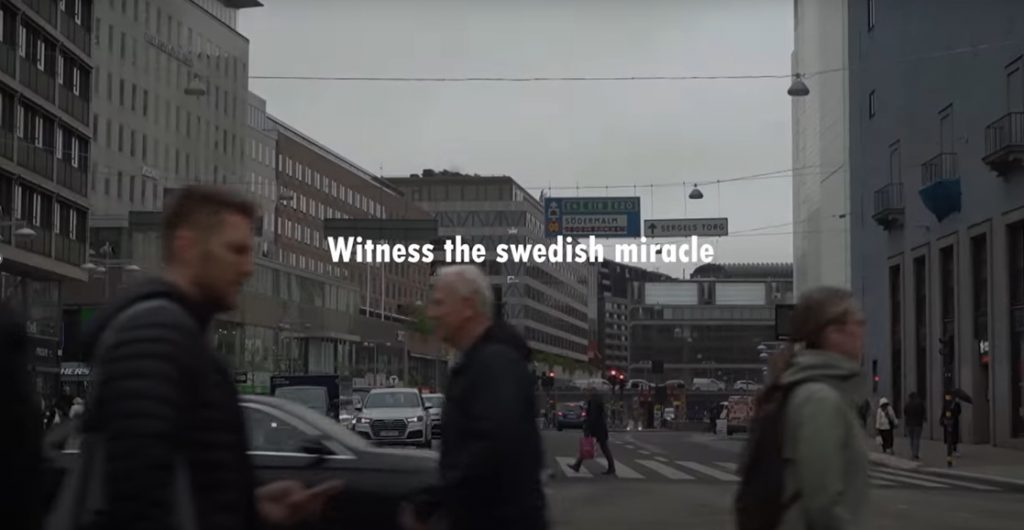
Economy of Aid: How Sharing Multiplies Goodness
BY
Liberte / November 5, 2024
Natural disasters have a remarkable ability to expose both the weaknesses of systems and the depths of human nature. The recent floods in Poland not only destroyed homes and infrastructure but also revealed something far more valuable: society\'s ability to mobilize and provide aid on an unprecedented scale. In a digital age dominated by social media and technology, solidarity has found new channels of expression.



![Irish, Church, and End of Special Relationship with Derek Scally [PODCAST] Irish, Church, and End of Special Relationship with Derek Scally [PODCAST]](http://4liberty.eu/phidroav/2024/10/LEP_Derek-Scally_1469x800-1024x561.png)







